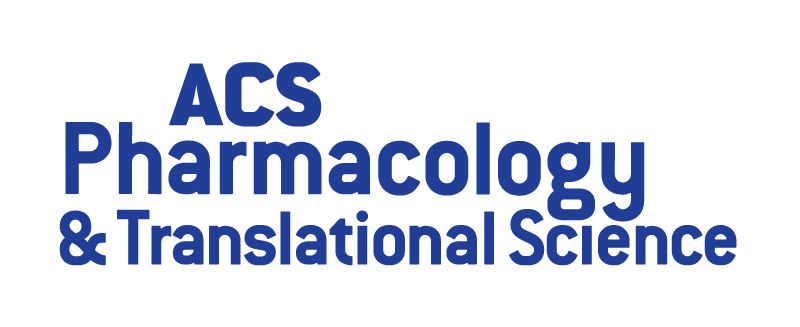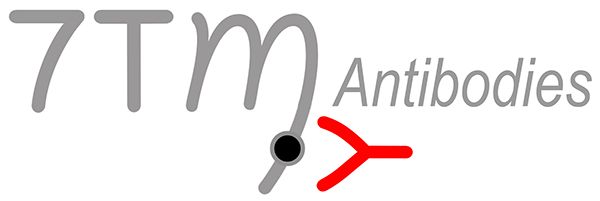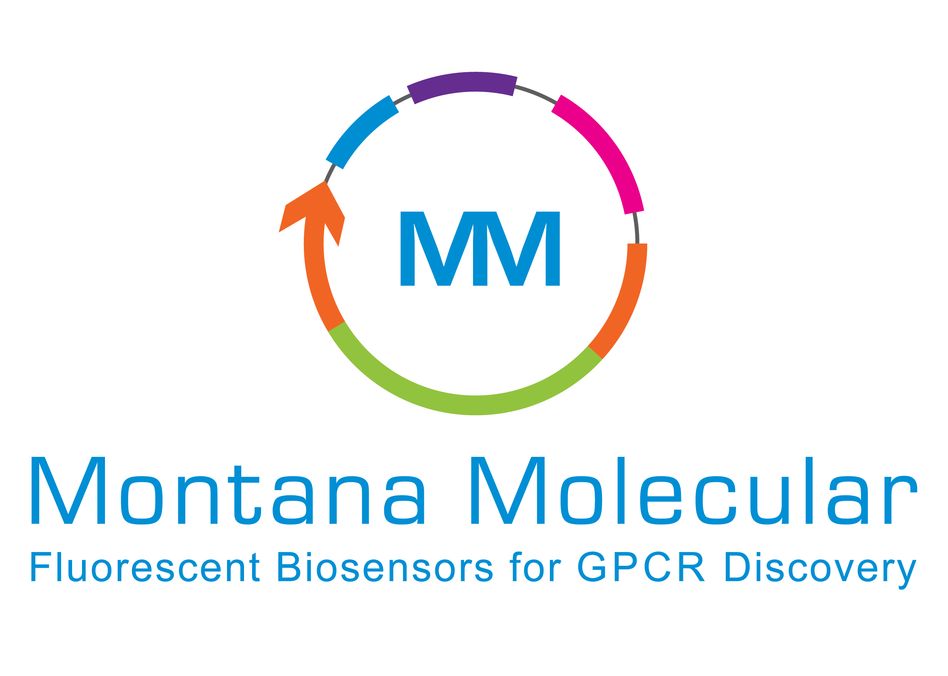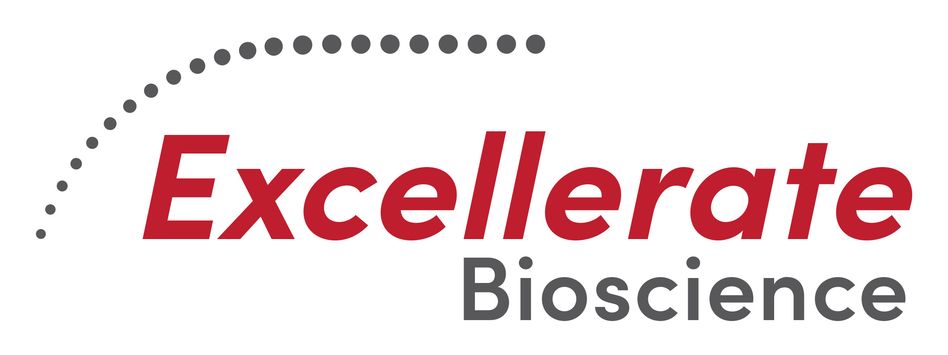
Transatlantic ECI GPCR Symposium
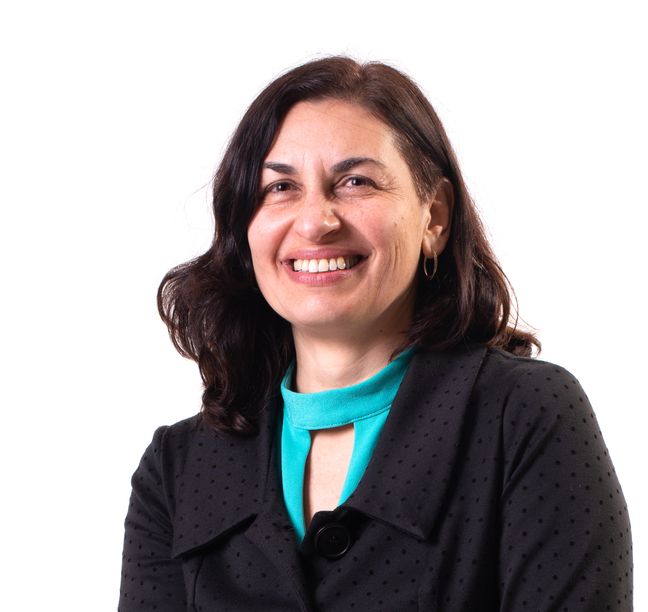
Keynote I: Masha Niv
Professor, Institute of Biochemistry, Food Science and Nutrition, Hebrew University of Jerusalem
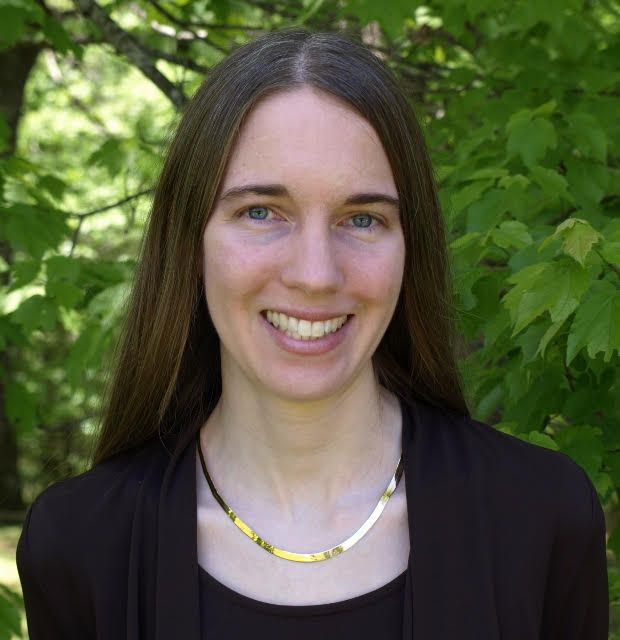
Keynote II: Laura Wingler
Assistant Professor, Pharmacology and Cancer Biology, Duke University
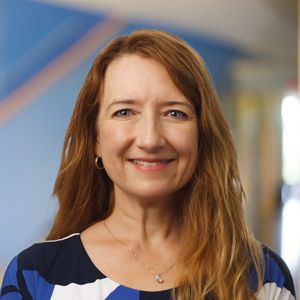
Breakout Leader: Laura Bohn
Professor, Departments of Molecular Medicine and Neuroscience, Scripps Research

Breakout Leader: Mark von Zastrow
Professor, Psychiatry, UCSF
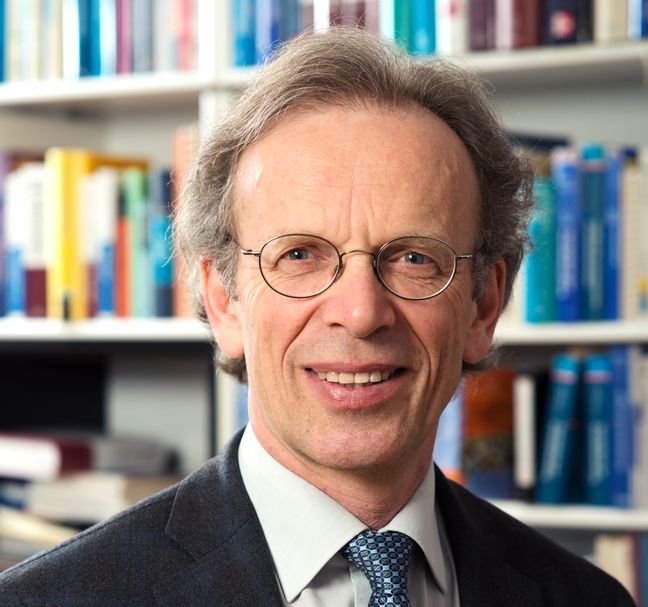
Breakout Leader: Martin Lohse
Professor, ISAR Bioscience (Munich, Germany)
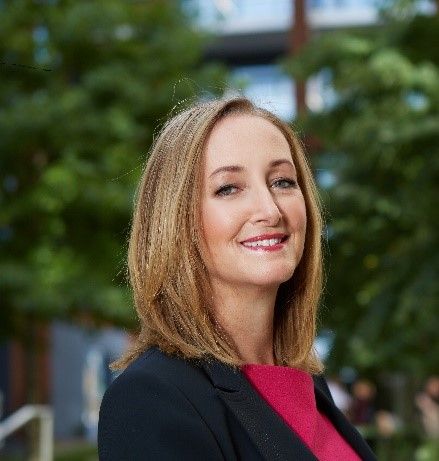
Breakout Leader: Fiona Marshall
Sr. Vice President, Tranlational Medicine and Discovery Sciences at Merck
Location
Online event:
Dates
Registration period:
April 20, 2020 - 00:00 EDT - July 8, 2021 - 16:00 EDT
Submission period:
April 20, 2020 - 00:00 EDT - July 8, 2021 - 23:30 EDT
Contact us
If you have any questions, please contact nap2164@cumc.columbia.edu
